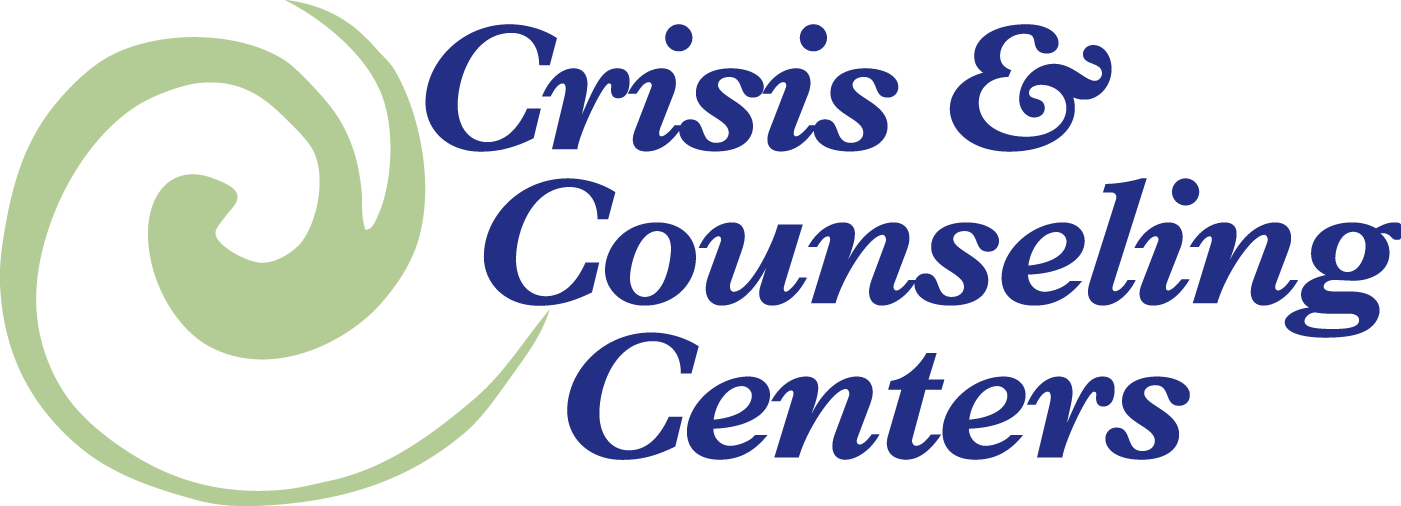Crisis and Counseling Centers (C&C) has launched a program to provide targeted emotional and behavioral support to children — a population that C&C’s clinicians believe has been underserved in central Maine.
Crisis and Counseling Centers is an Augusta-based nonprofit serving individuals with behavioral health needs, including substance abuse, mental health and co-occurring disorders. In addition, the agency is the sole provider of crisis services for Kennebec and Somerset counties and provides 24-hour-a-day crisis services to those in need.
The Generations program and its counselors offer a safe environment for children and adolescents as young as age 3 to receive age-appropriate counseling. According to Mental Health/Substance Abuse Clinician Alyssa Audie, the community’s needs largely influenced C&C’s resolve to construct this youth-only program that she is spearheading. Now more than ever, C&C employees are seeing high volumes of children without mental health care providers in the agency’s Crisis Mobile Triage unit, which offers rapid response to individuals and families in crisis around the clock.
“Children in this region have had limited access to community mental health resources,” C&C CEO Lynn Duby said. “Our clinicians have developed the Generations program to help young people facing very adult challenges.”
Generations counselors are trained to treat children for a variety of issues, including anxiety, mood problems, substance use and family matters. “It can really be anything,” said C&C Mental Health Clinician Colleen Lachowicz, another Generations counselor. “Part of our role is to let people know that just because someone gets behavioral health services of some kind doesn’t mean they have a major mental illness.”
Primary care physicians and adult C&C clients are already referring children to the Generations program. Audie, who began seeing young clients at C&C long before the agency instituted Generations, said she always spends a child’s first therapy session building trust. This goal is often a challenge for children whose trust has frequently been broken. “I remind them that this is a safe space, and there is really nothing they could ever tell me that would change the way I think or feel about them,” she said.
During Generations sessions, clinicians may use a variety of child-focused counseling techniques such as play therapy, which offers counselors valuable insight into the child’s mind by observing how the child plays with toys. This medium of communication can be beneficial for both verbal and pre-verbal youth.
“A lot of kids have heard or experienced things that are a secret, and this is a way to express themselves without having to talk,” Audie said. By introducing toys such as coloring books or games, clinicians succeed in placing a comforting object between themselves and the clients, making them feel safe, supported and more inclined to share their feelings.
As with any health service, clients may face barriers when trying to access the Generations program. Scheduling and transportation issues are among the chief roadblocks for C&C clients and may have a larger impact on families involved in Generations. Parents and caregivers must coordinate their own schedules while keeping the child’s busy days in mind, too. Generations clinicians are exploring ways to overcome these barriers and ensure all adolescents and children have access to the program.
“I’d like to see us be a program that can be very flexible for the needs of working families,” Lachowicz said. “That means we need to be there for kids and families where they are.”
Lachowicz is already putting her goals of program flexibility into practice. When C&C staff recently conducted a crisis evaluation for a young girl, Lachowicz accompanied C&C Crisis Services Clinical Manager Hannah Longley to the child’s home. “We tried to do a warm handoff to make it easier for the family to bring the child to Generations counseling,” Lachowicz said, adding that teaming up seemed to be beneficial for all parties involved.
Generations staff plan to integrate the program with other C&C services. G.E.A.R. Parent Network is a related resource that provides statewide peer-to-peer support for caregivers of youth with emotional or behavioral needs. From experience, C&C counselors recognize that the parents of their young clients may be unsure how to help. Referring parents to G.E.A.R. and its training events is often the natural next step for clinicians to ensure the child’s entire family is able to benefit from C&C’s services.
As the Generations program develops, clinicians hope to continue meeting their clients’ needs by providing child and adolescent group therapy. “There’s a lot of power in people knowing that they are not the only one with a particular problem,” said Lachowicz, who has more than 15 years of experience conducting group therapy sessions.
All Generations clinicians are equipped with a wide range of therapy techniques to teach children to regulate mental health issues while they are still young. “The quicker that we can service these kids, the less likely that these mental health symptoms are going to manifest themselves later in life,” Audie said.
Crisis & Counseling Centers’ mission is to develop and deliver effective solutions to the diverse behavioral health needs of the community in a professional and respectful manner. For more information, visit crisisandcounseling.org.
Any child or adolescent between the ages of 3 and 17 is eligible for Generations services, available at C&C’s 10 Caldwell Road facility in Augusta. For more information about Generations, call central access at 207.626.3448.
